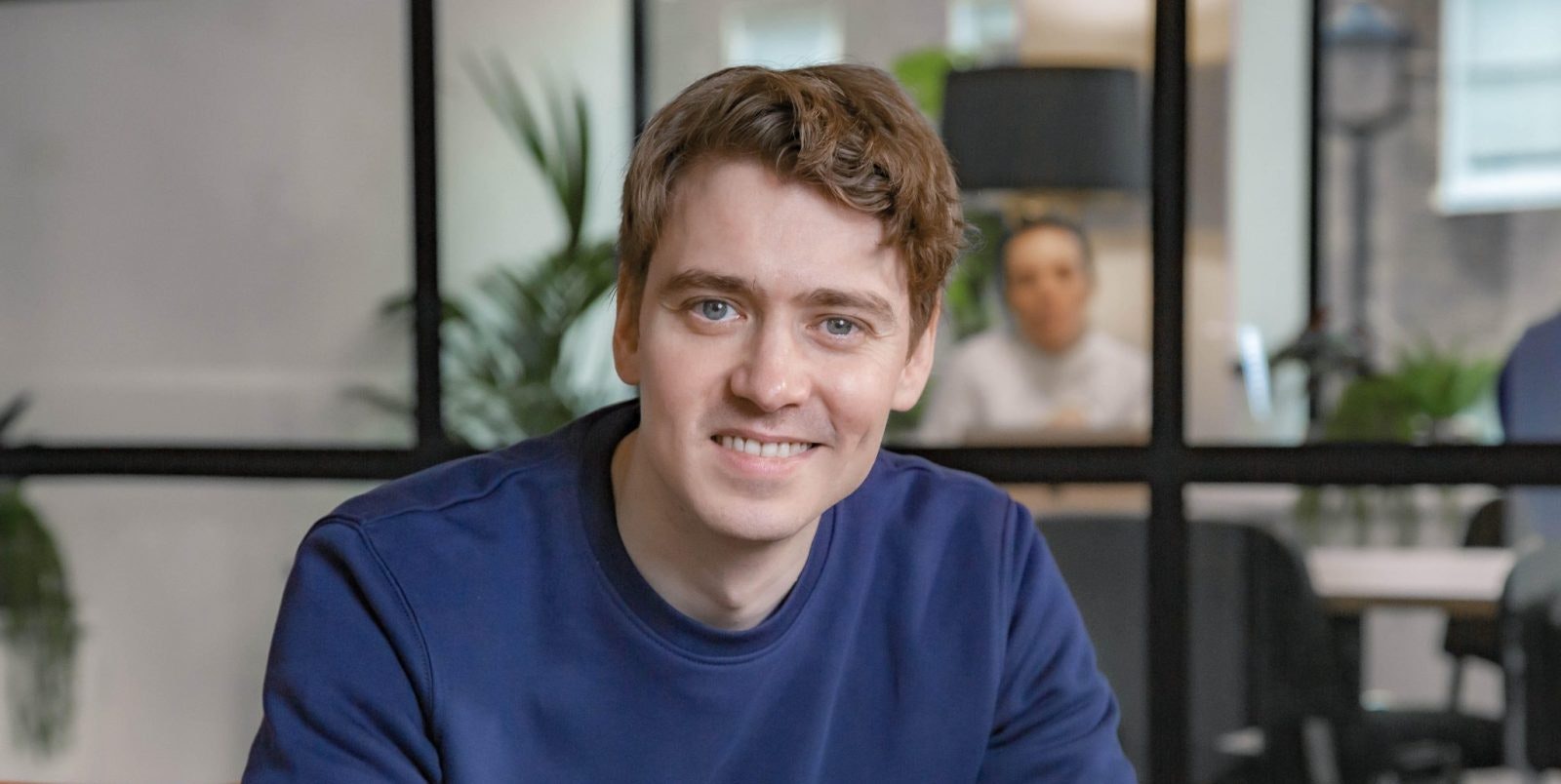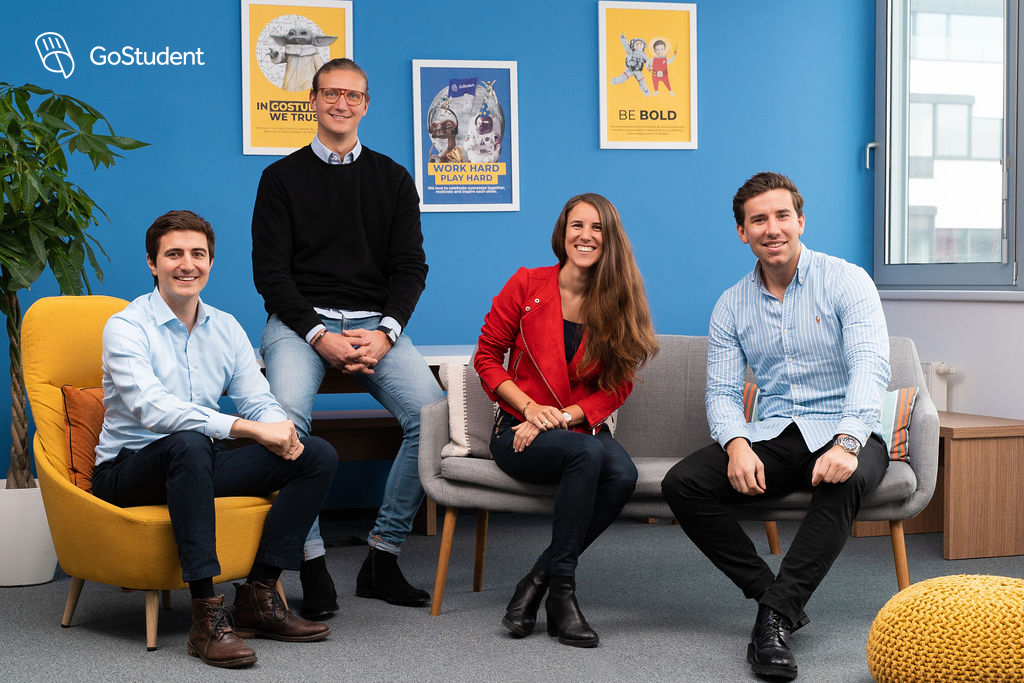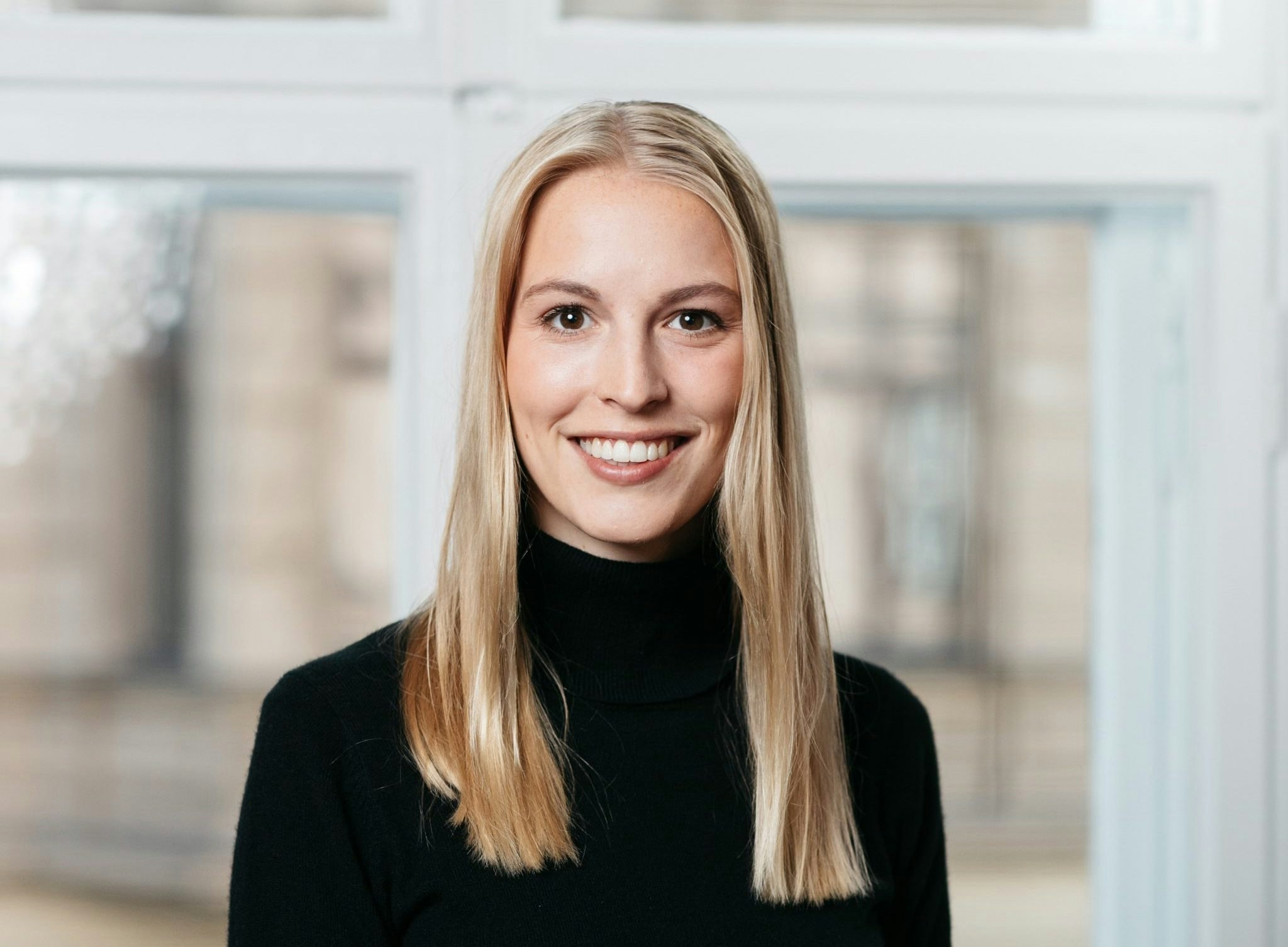Digitally native Gen Z has been weaned on online education. And Berlin-based Knowunity — launched by four 20-something entrepreneurs in 2020 — thinks it’s captured the Gen Z zeitgeist with a peer-to-peer online learning platform that doubles as a creator economy app. The platform has had more than 600k study notes uploaded by students across a variety of subjects.
The company’s just scooped up a €9m Series A extension, bringing the round total to €19m after a €10m raise last year — a vote of confidence for the edtech sector given the fall in European deals last year. Stride and Redalpine co-led the extension with participation from existing investors Project A and Educapital.
Knowunity's other investors from previous rounds include Verena Pausder, one of Germany's most active angel investors, and German footballer Mario Götze.
What does Knowunity do?
Knowunity is a peer-to-peer learning app for secondary school students based in Berlin. Users upload their own personal study notes and other resources to help fellow students grasp their school curricula and prepare for exams. The content on Knowunity spans everything from languages, science and mathematics to art and music, and is available in German, French, Spanish, English, Polish and Italian.
“We always felt that peer-to-peer content was way more helpful than most of the teachers’ content… as it was coming from an eye-to-eye, rather than a top-down, perspective,” says Benedict Kurz, cofounder of Knowunity.
The platform has a built-in chat function allowing users to collaborate and offer group learning sessions. Catering to Gen Z, Knowunity also has creator tools allowing students to publish reels and videos, create profiles and build up personal followings. It might be the first digital learning app to have influencers, called “knowers”. The ones who upload the best and most popular content have up to 200k followers on the platform, says Kurz.
Students don’t get paid outright for uploading content, but some of the top knowers on the platform get small payouts on a monthly basis — what Kurz refers to as “pocket money” — which can be up to €250 a month depending on their success.
Kurz is quick to add that the key incentive for students to upload content is not the cash reward but the “social recognition they're receiving from others and [the] intrinsic motivation to help others”.
Each piece of content is manually checked by Knowunity before being uploaded, but the platform offers pre-upload guidelines about what a helpful piece of content would look like.
US expansion
Knowunity has experienced strong growth in the last year, increasing its user base by 2m to 5.7m in the last quarter of 2022 alone, according to the company’s data.
The company is already present in Austria, Switzerland, France, Poland, the UK and Italy and has set its sights on expanding to the US in the coming months — something that Kurz is aware can be challenging for European companies “because the market is that huge”.
It’s likely the company will also launch in Spain in April, and will perhaps expand to other continents at the end of 2023 or early 2024, says Kurz.
It plans to also grow its headcount from 75 employees to 110-120 by the end of the year, but Kurz says the company will be disciplined about it to prevent the company from “overhiring”.


